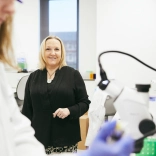For many of us, the subject of ‘cell examination’ will awaken long-dormant memories of school biology lessons, where afternoons were spent peering down microscopes into plastic Petri dishes.
Though this practice may have felt a little rudimentary on the scientific scale, it might come as a surprise to learn that the ‘cells in the dish’ setup remains the standard format for clinical testing during the initial stages of drug development, despite the fact that cells in a plastic dish don’t tend to behave in the same way as the cells in our body.
This is where Cardiff’s new life sciences facility comes in. Operated by US company Molecular Devices, the new facility near Radyr, in the north of Cardiff, is now manufacturing a novel type of cell culture called organoids, which the company believes have the potential to revolutionise the drug discovery industry.
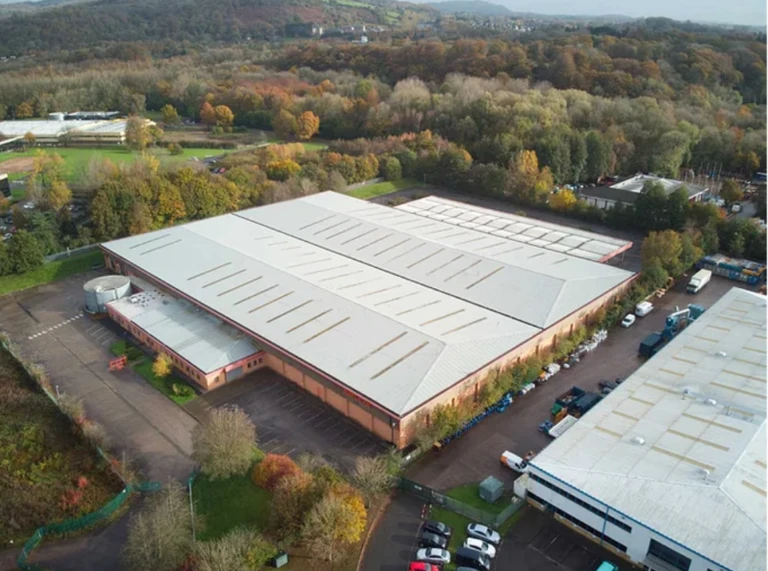
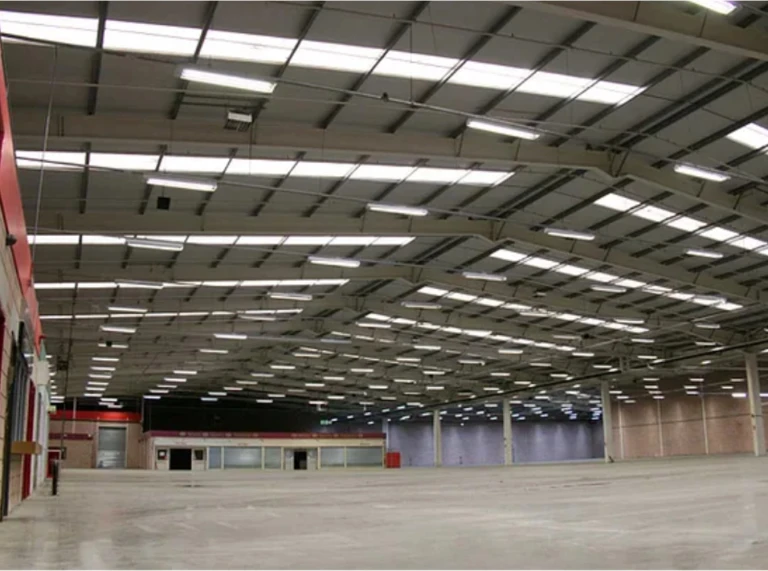
What are organoids?
Organoids are miniature models of human organ tissue, grown in a lab from donated human adult stem cells. While cells in a Petri dish serve as a two-dimensional cell culture, organoids are a three-dimensional one, and provide a much more accurate model for how cells are likely to react when exposed to new drug compounds.
As Dr Victoria Marsh-Durban, Site Director of the new facility, puts it: ‘The idea with organoids is that they’re a next generation cell model, which have been grown in conditions more like normal human tissue with natural tissue architecture. What that means is that when you test those models with drug compounds you get a much more representative and predictive model of how those cells would then behave in the body.’
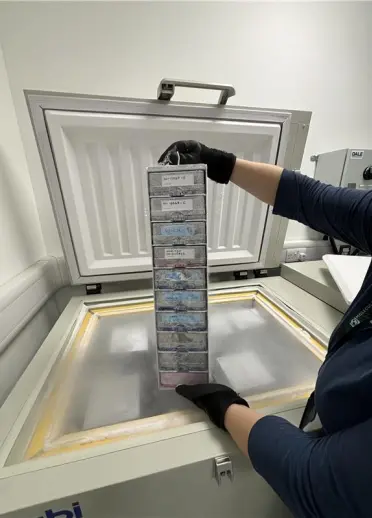
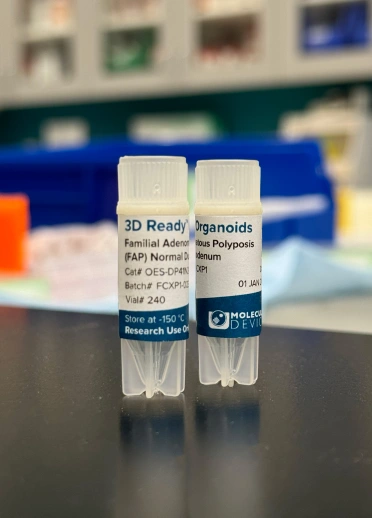
This increase in accurate representation ultimately equates to patients getting potentially lifesaving drugs quicker, because the process of drug discovery is faster and more efficient from the outset.
While organoids have been around for over a decade, no company is manufacturing patient-derived organoids at the scale planned at Molecular Devices’ new Cardiff site, which can be utilised by organisations working across the pharmaceutical industry.
Cardiff’s connection to organoid development
With a multinational corporation headquartered in California at the helm, Cardiff might feel like a slightly random choice for an organoid manufacturing facility, but the Welsh capital has a long-standing connection with the creation of organoids.
It was actually academics working in the labs of Cardiff University, in collaboration with counterparts in Bath University, who fine-tuned the bioprocess for producing organoids at scale. These academics then founded the Cardiff-based start-up, Cellesce, specialising in the new technology, which was subsequently purchased by Molecular Devices, part of the Danaher Corporation, in 2022.

‘By the time the company [Cellesce] had moved out of the Cardiff academic labs and into our own facilities we had built up our critical mass of expertise and personnel in Cardiff,’ says Victoria. ‘So when we were acquired by Molecular Devices they were keen to keep that base here to ensure we kept the critical expertise that we have within the team.’
The other applications of organoids
While the primary application of organoids is envisioned to be as part of the drug discovery pipeline, such as testing the effectiveness of new cancer drugs on cancer cells, organoids consisting of healthy human cells can also be used to test potential side effects of drugs.
‘A lot of cancer chemotherapies have gastrointestinal toxicity so they tend to make patients very sick,’ explains Victoria. ‘Organoids represent a model system whereby you can potentially test for that type of toxic effect much more accurately before it [the drug] even goes into the patient, because, of course, if these side effects are not tolerated by patients then the drug doesn’t go to clinic.’
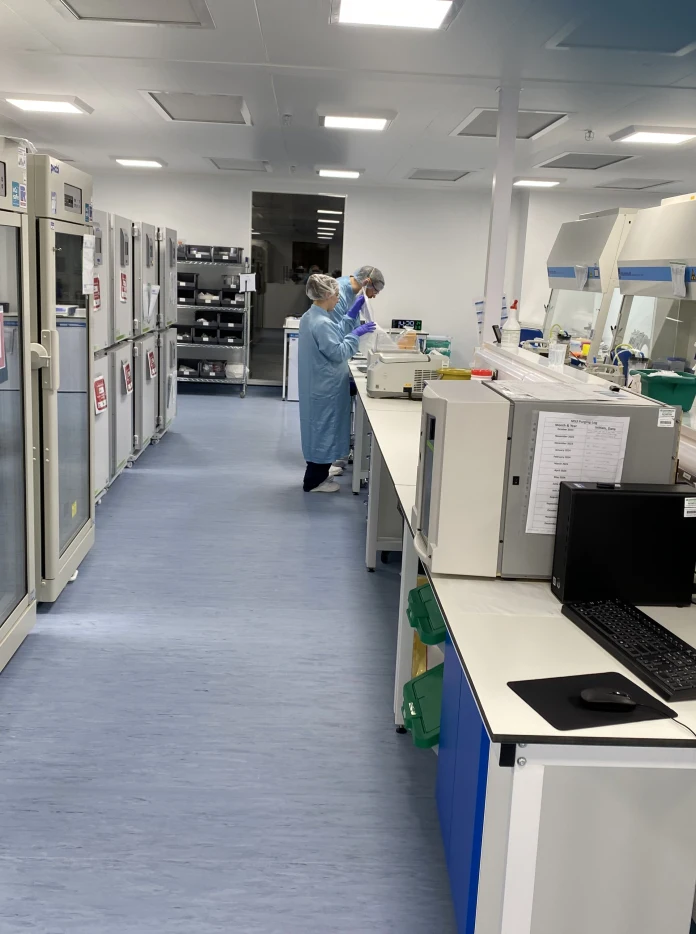
Another significant benefit of the widespread adoption of organoids is their potential to lower the industry’s current reliance on animal testing, which, along with the associated ethical issues, is expensive and – due to the difference in structure of human and animal cells – not necessarily effective when it comes to assessing accurate responses to drug compounds.
A burgeoning hub for the British biotech industry
It might have been an element of convenience that led to Cellesce, as the company was then known, setting up shop in Cardiff (due to its close connections to the city’s university). But it’s the Welsh capital’s credentials for helping business thrive that has ensured the company has remained in the city, with the new organoid manufacturing facility now serving as part of a small but growing ecosystem of biotech companies within South Wales.
‘Most of the life sciences sector in the UK is currently focused around the London, Cambridge, Oxford triangle,’ says Victoria. ‘But I see Cardiff as being a little bit of an untapped resource. There are high quality universities in South Wales, which are producing graduates that are very well trained and have the expertise that we need. These universities are also generally very collaborative in terms of wanting to work with industry.’
It’s this collaborative culture in particular that Victoria believes has aided the company’s growth to date, with further expansion anticipated in the next few years.
‘Although organoids can be grown and expanded in the lab, they need to initially be established from tissue that’s donated by patients,’ explains Victoria. ‘So we definitely rely on our network of local collaborators who can do the initial establishment and then transfer them to us for the manufacturing stages. These collaborations within South Wales have absolutely been critical to our success, and something that we've needed along the way.’




